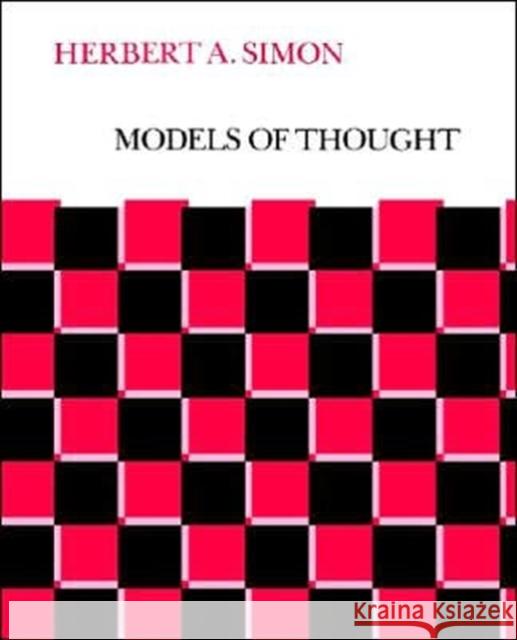Models of Thought » książka
Models of Thought
ISBN-13: 9780300024326 / Angielski / Miękka / 1979 / 544 str.
Nobel Laureate Herbert A. Simon has in the past quarter century been in the front line of the information-processing revolution; in fact, to a remarkable extent his and his colleagues' contributions have written the history of that revolution in cognitive psychology.
Research in this burgeoning new branch of knowledge seeks to describe with precision the workings of the human mind in terms of a small number of basic mechanisms organized into strategies. Newly developed computer languages express theories of mental processes, so that computers can then simulate the predicted human behavior.
This book brings together papers dating from the start of Simon's career to the present. Its focus is on modeling the chief components of human cognition and on testing these models experimentally. After considering basic structural elements of the human information-processing system (especially search, selective attention, and storage in memory), Simon builds from these components a system capable of solving problems, inducing rules and concepts, perceiving, and understanding.
These essays describe a relatively austere, simple, and unified processing system capable of highly complex and various tasks. They provide strong evidence for an explanation of human thinking in terms of basic information processes.











